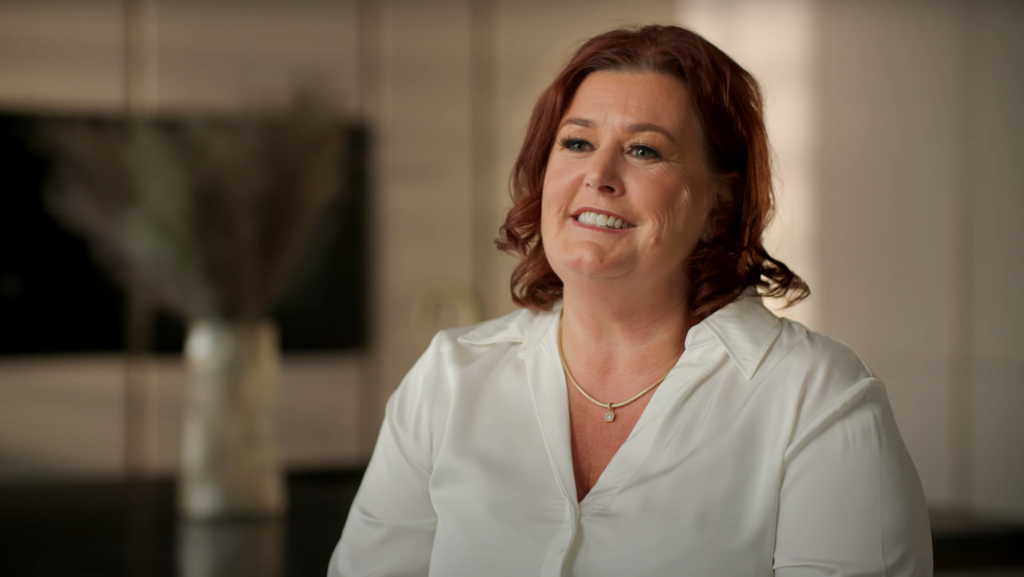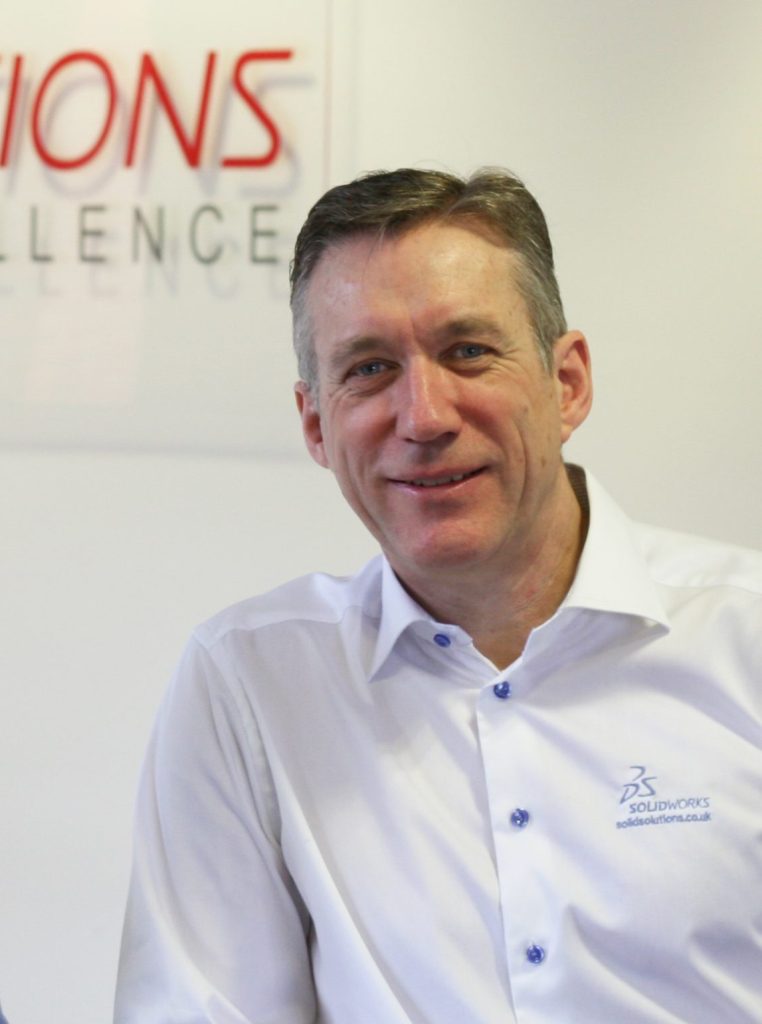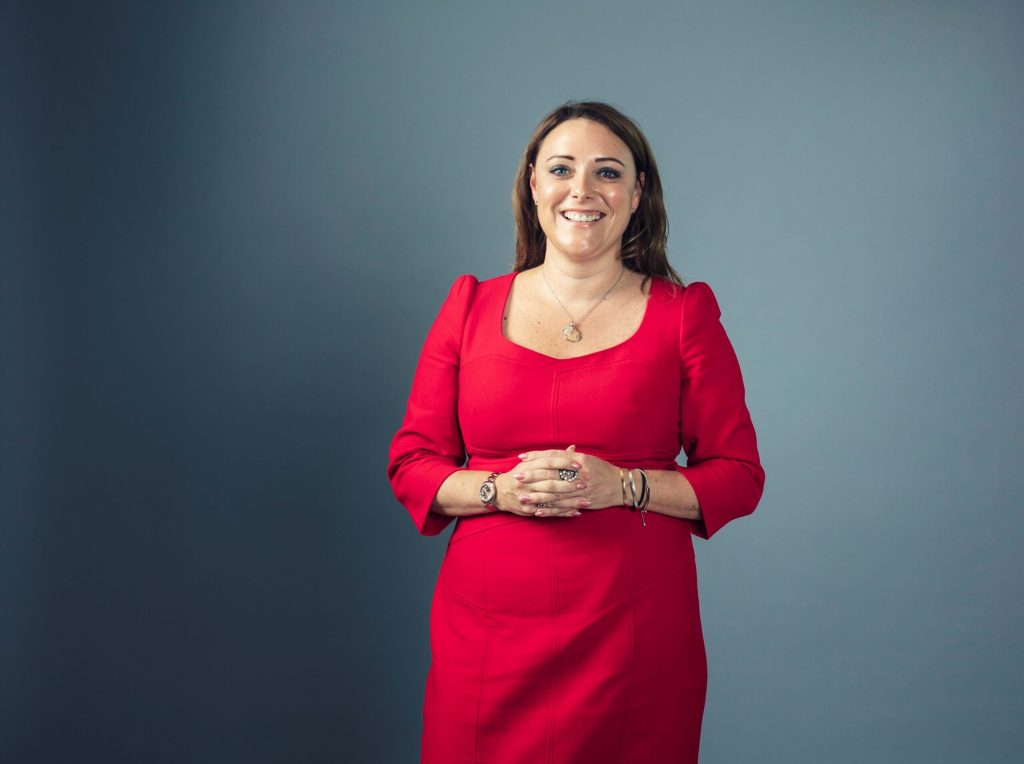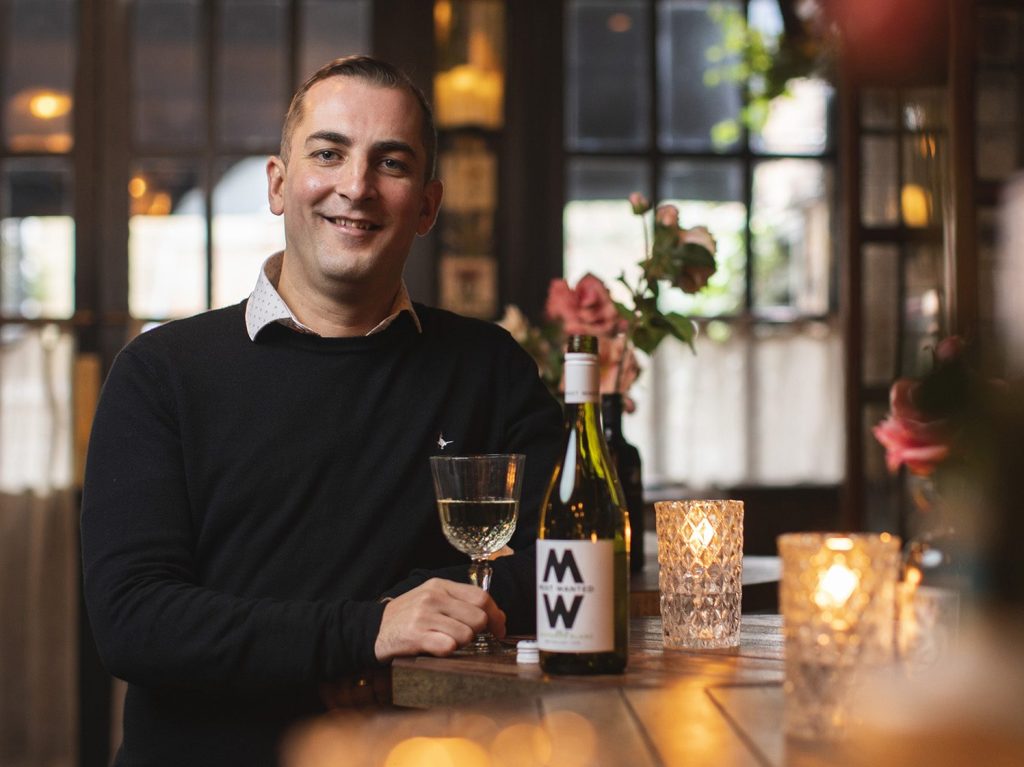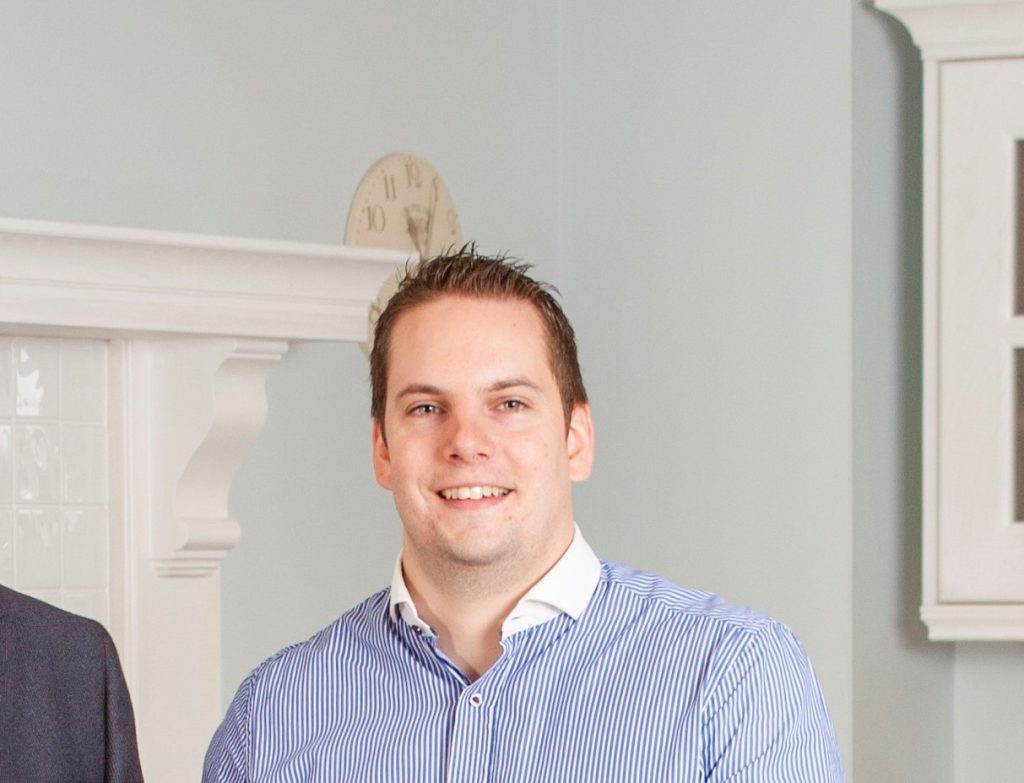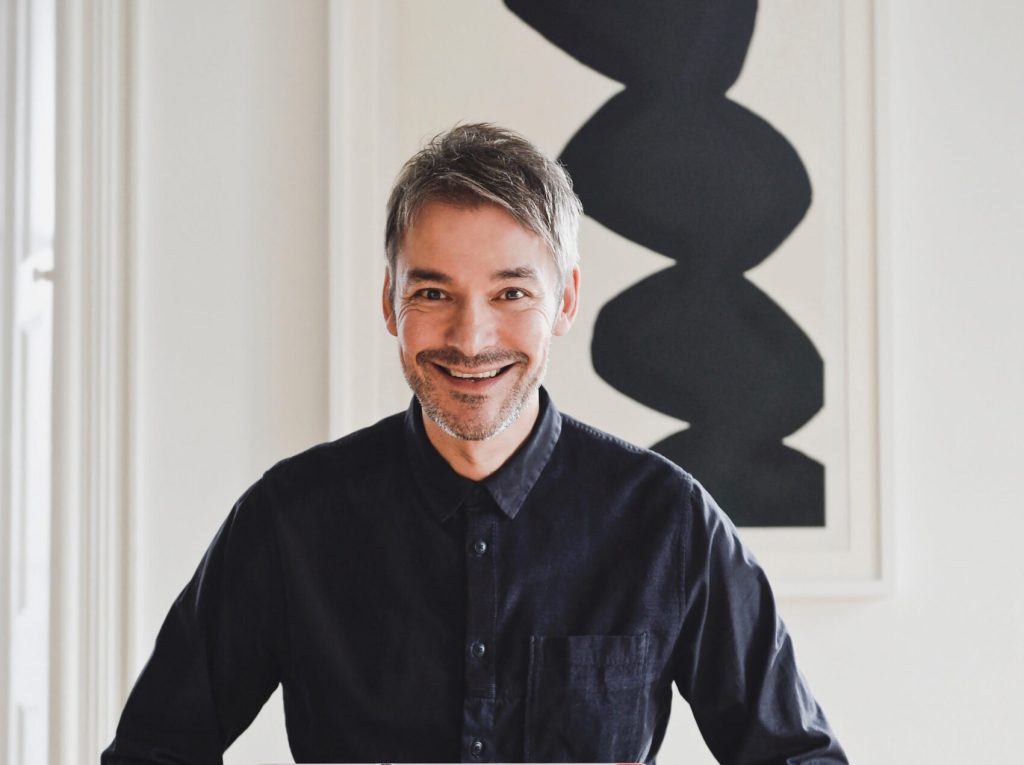Stories of Growth
Dob Todorov, HeleCloud: “One learns mostly from their mistakes”
We hear from the co-founder of a leading AWS managed services provider that was acquired by SoftwareOne.
5 March 2024
Starting in 2018, BGF invested a total of £3 million into HeleCloud, to develop the business and fund acquisitions in the Netherlands and Bulgaria. In 2021, we exited our investment in HeleCloud, when it was acquired by Swiss multinational SoftwareONE.
We sat down with HeleCloud Co-Founder Dob Todorov to hear more about the company’s impressive growth journey. Watch Dob’s video interview or read his story below.
I used to work for Amazon Web Services, which is the tech arm of Amazon and the biggest technology platform for cloud services. When I joined in 2011, there were just five of us focused on the whole of Europe. We worked with startups back then because they were the only businesses that would take a risk on a new technology. When I left, there were 1,200 people in 22 locations and six cloud services regions, and the business had revenues in the tens of billions.
“When I joined AWS in 2011, there were just five of us focused on the whole of Europe”
I started HeleCloud when I left AWS in 2016. HeleCloud was a systems integrator for cloud solutions, and a managed services provider bringing mission-critical applications to the cloud, all on the AWS platform.
HeleCloud was aligned with the vision of AWS, but we had our own values. AWS is a utility company, like a gas company or the post office. Their products are built for hundreds of millions of customers using standard building blocks, not custom situations. At HeleCloud, we created solutions on top of AWS. We didn’t compete with AWS; we complemented it.
We started the business through bootstrapping. The first people who put money in became executives in the business and we grew organically for two years. Then we reached a point where we had to make a decision: either keep reinvesting smallish amounts and growing organically or find a partner that could help us to go much further. That’s when I met BGF.
The road to an exit
We convinced BGF that we were building something scalable and took them on a journey. They invested in two tranches, which let us establish a presence in continental Europe and acquire key partners: Netherlands-based OlinData in 2019 and Bulgaria-based DataStork in 2020. We made these businesses part of HeleCloud.
In 2021, we were in a strong position to expand our presence globally. We completed a deal to be acquired by SoftwareONE, a multibillion Swiss publicly listed company with a presence in 92 countries. The deal allowed BGF to exit its investment. HeleCloud was then integrated and replicated as capabilities inside SoftwareONE, while remaining an AWS specialist.
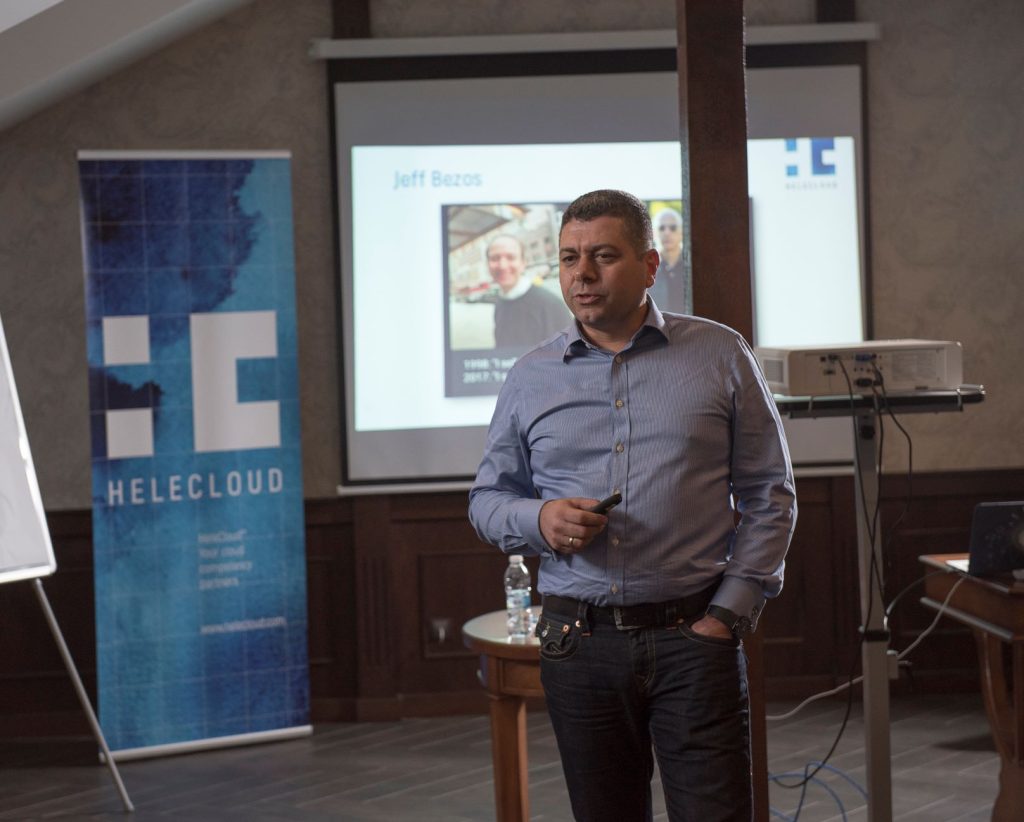
Cash plus market intel
BGF was always supportive of our team and strategy, which helped tremendously on this journey. Their investment accelerated the business, which allowed us to compress our timeline to exit. On our own, it may have taken us 15 years to get there. As it happened, we exited four days before our fifth anniversary.
As well as cash, BGF provided market intelligence. An investment director from BGF sat on our board, provided governance and gave us information about the wider market. That allowed us to be successful.
“BGF’s investment accelerated the business, which allowed us to compress our timeline to exit”
When it comes to exits, my advice to other entrepreneurs is to focus on the substance and not the sale at all. Don’t think about selling it, and then you’ll sell it. Think as though you’re going to run it forever – and build it well.
A great idea that failed
I’m a techie at heart. I started working for a software development company in my first week of university and spent five years there – all the way through my master’s degree. After graduation, I helped set up a Microsoft technology consulting and training business in Bulgaria. I left after three years because I needed a bigger challenge. I moved to the UK and worked for Accenture, BT Global Services and Visa Europe on big, ambitious projects.
When I joined AWS, I always knew I would go out on my own and build my own thing eventually. I wanted to engage with customers and deliver end-to-end projects rather than be a small part of a bigger organisation.
HeleCloud wasn’t the first business I ran, but it was my most commercially successful business. Before AWS, I ran a company called ExpertRiver, a predictive analytics company which developed technology to predict financial markets by using streaming analytics. This technology was later implemented at scale in various cloud services platforms, independently from ExpertRivert; we were ahead of our time.
“It’s important to have a big vision and to engage people to follow you on that journey”
I launched ExpertRiver in 2008, during a financial downturn. That’s a good excuse for why the company failed, but the reality is that I was naïve about what it means to create a new product. Educating the market is a significant challenge that I underestimated. So, it failed.
In 2011, I recognised ExpertRiver wouldn’t be successful, so I wound up the business and joined Amazon. What I learned from the experience is that as well as a great idea and a valuable product, you also need a sales and marketing framework, and you have to understand your market.
My advice to other entrepreneurs is that it’s important to have a big vision and to involve and engage people to follow you on that journey. HeleCloud had a strong team of executives. They were shareholders, which was key. Thanks to their hard work, we over-delivered on the promises we made to investors, and exceeded our own expectations.

